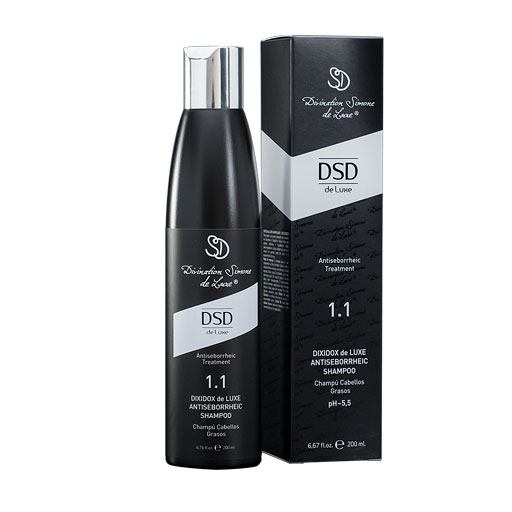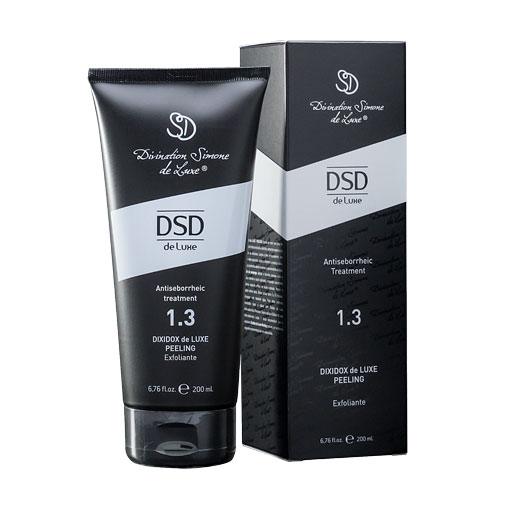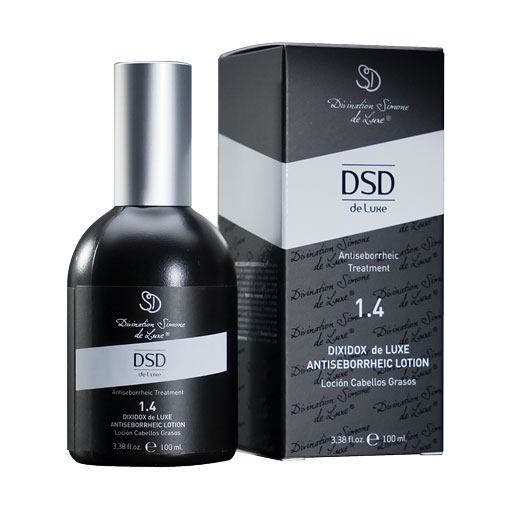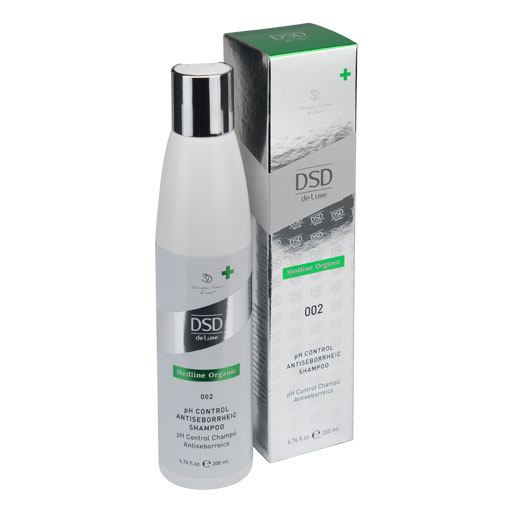Seborrhea
Increased Secretion of Sebaceous Glands
What is Seborrhea
Seborrhea refers to an overproduction of sebum by the sebaceous glands. Sebum forms a barrier on the skin's surface, protecting the hair and scalp and ensuring they are adequately moisturized.
Background on Seborrhea
Seborrhea arises from an increased secretion of the sebaceous glands, responsible for sebum production. When the sebaceous glands produce excess oil, the hair appears greasy, dull, and less healthy. Additionally, it can lead to itching and dandruff.
Detailed Causes
Several factors contribute to seborrhea. Causes include hormonal imbalance, genetic predisposition, certain medications, among others. Hormonal changes, especially during puberty or hormonal disorders, can influence sebum production. Genetic predisposition may make some individuals more susceptible to seborrhea, while certain medications with hormonal influences can also affect sebum production.
Symptoms of Seborrhea
Excessive sebum production results in the hair appearing greasy, dull, and unhealthy. Additionally, itching and dandruff may occur, compromising hair health.
Preventive Measures
To prevent seborrhea, adopting healthy habits such as a balanced diet, adequate fluid intake, and stress management can be helpful. It is advisable to minimize the use of aggressive hair care products and opt for products with sebum-regulating properties.
RECOMMENDED TREATMENT:
Peeling 1.3
Shampoo 1.1/002 Ph Control Antiseborrheic (choose one)
Lotion: 1.4 (3 times a week)
Notes on Consulting a Professional
In the case of persistent or severe symptoms, it is advisable to consult a dermatologist or specialist.






